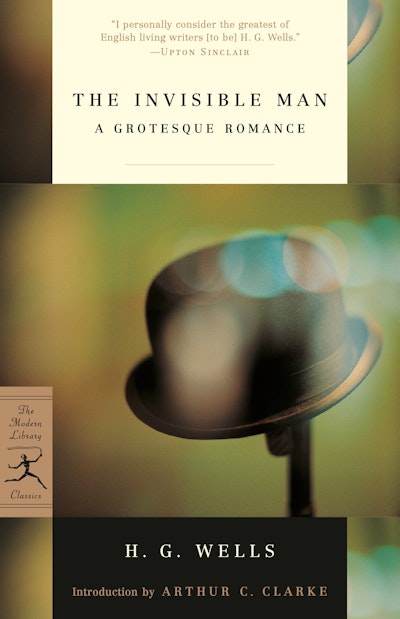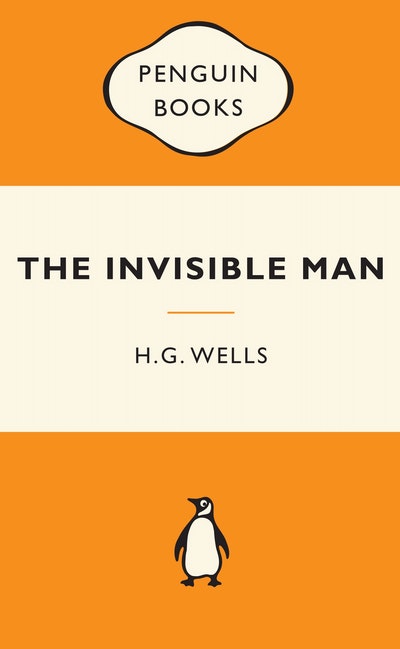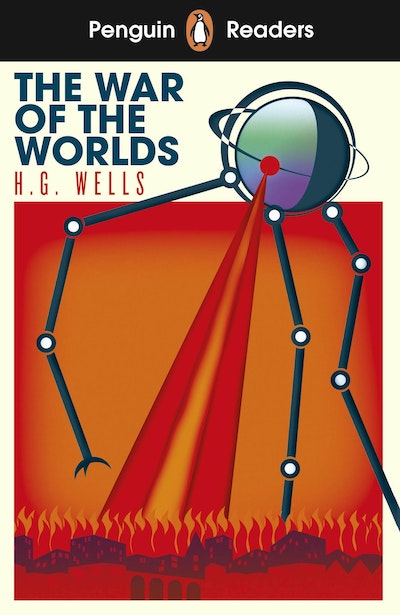- Published: 1 April 2003
- ISBN: 9780812966459
- Imprint: Random House US Group
- Format: Paperback
- Pages: 192
- RRP: $35.00
The Invisible Man
Rediscover H.G. Wells - what does he mean to you?
A gripping and entertaining tale of terror and suspense as well as a potent Faustian allegory of hubris and science run amok, The Invisible Man endures as one of the signature stories in the literature of science fiction. A brilliant scientist uncovers the secret to invisibility, but his grandiose dreams and the power he unleashes cause him to spiral into intrigue, madness, and murder. The inspiration for countless imitations and film adaptations, The Invisible Man is as remarkable and relevant today as it was a hundred years ago. As Arthur C. Clarke points out in his Introduction, “The interest of the story . . . lies not in its scientific concepts, but in the brilliantly worked out development of the theme of invisibility. If one could be invisible, then what?”
- Published: 1 April 2003
- ISBN: 9780812966459
- Imprint: Random House US Group
- Format: Paperback
- Pages: 192
- RRP: $35.00






































































































































































































































































































































































































































































































































































































































































































































































































































